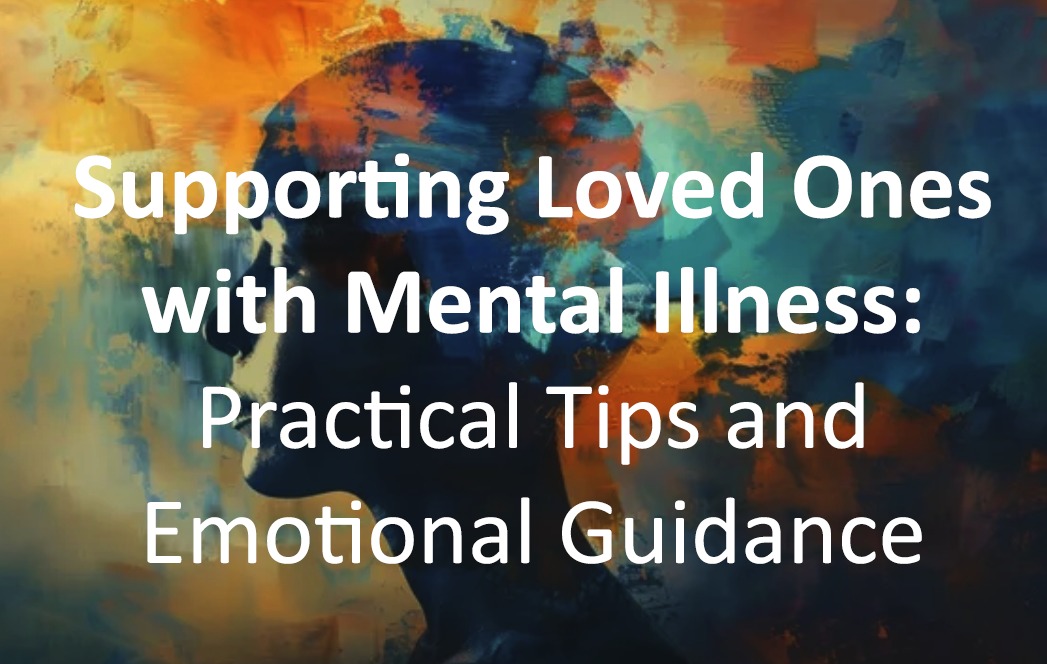Telehealth has indeed become increasingly prevalent and essential, especially in the wake of the COVID-19 pandemic. Here are some key reasons why telehealth is becoming the new normal:
- Increased Accessibility: Telehealth allows patients to access healthcare services from the comfort of their homes, making it easier for those in remote or underserved areas to receive quality mental health care.
- Convenience: Patients can schedule appointments at their convenience without the need to travel, reducing time and effort associated with in-person visits. Also allowing people with mobility issues, or a tight schedule such as mothers and caregivers access to convenient mental health services.
- Cost-Effectiveness: Both patients and healthcare providers can save on costs related to transportation, facility maintenance and rents, and other overheads associated with traditional healthcare settings.
- Technology Integration: Advances in technology, such as high-speed internet, mobile devices, and health monitoring apps, have made telehealth more feasible and effective.
- Mental Health Services: Telehealth has expanded access to mental health services, providing patients with the opportunity to receive therapy and counseling remotely, which can be crucial for those hesitant to seek in-person help.
- Patient Satisfaction: Studies have shown high levels of patient satisfaction with telehealth services due to the convenience and personalized attention they often receive.
- Future Potential: The ongoing advancements in telehealth technology, such as AI, remote diagnostics, and telemedicine platforms, suggest that telehealth will continue to evolve and become even more integral to healthcare delivery.
If you would like to schedule an appointment for online therapy: SCHEDULE or call 718 313 4357











